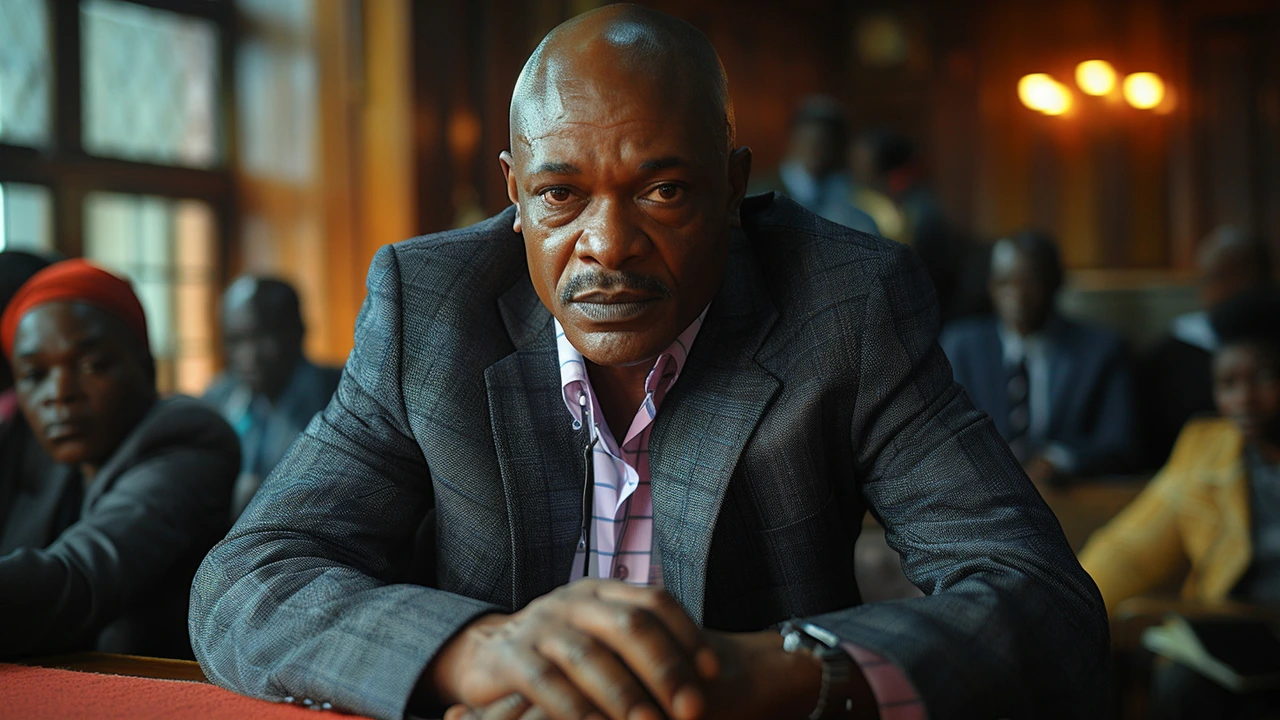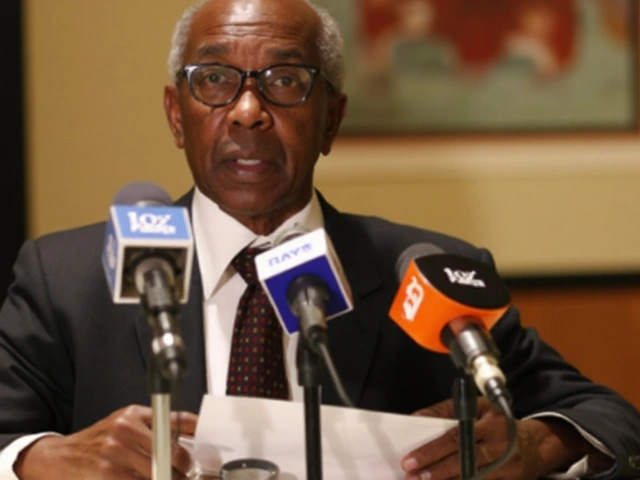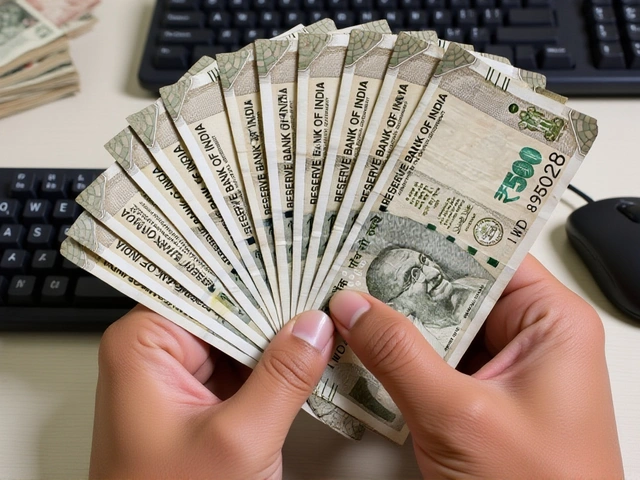Bail: What It Means and How It Works
Seeing the word “bail” in a news headline can feel confusing or scary. In simple terms, bail is money or promises a court accepts to let someone accused of a crime go home before their trial. Bail isn’t a judgment of guilt — it’s a tool judges use to make sure people return for court dates and follow rules while free.
How bail decisions are made
Judges look at a few basic things when setting bail. They check the seriousness of the charge, the accused person’s criminal history, ties to the community (job, family, address), and the risk of fleeing or harming others. In some countries, like South Africa or Kenya, judges also consider whether keeping someone in custody would be unfair or harmful to ongoing investigations. Bail can be set as cash, a bank bond, or a surety from a guarantor who promises to pay if the person skips court.
There’s no single rule across Africa — rules differ by country and even by courts in one country. For example, minor offenses often get low or no bail, while serious crimes can mean high bail amounts or refusal of bail altogether. In high-profile cases covered by media, judges sometimes add strict conditions: nightly reporting to a police station, travel bans, or electronic monitoring.
What to do if someone you care about is granted bail
If a friend or family member gets bail, act fast and stay organized. First, read the bail order carefully — it lists the amount, deadlines, and conditions. Missing a court date or breaking conditions can lead to arrest and loss of any money paid. Second, contact a lawyer. A lawyer can explain the order, handle paperwork, and help apply for changes if conditions are too strict or unfair.
If bail requires a financial deposit, ask about payment options: court cash, bank guarantee, or a licensed bail bondsman where allowed. Keep receipts and copies of all signed documents. Arrange travel documents or passport holds if travel is restricted. If the person must report regularly to police, set reminders so dates aren’t missed.
For journalists and readers following bail stories, watch for updates: bail set, bail paid, appeals, or bail revoked. Courts often publish short orders, and reporters can request documents. Remember that bail status can change fast — a judge can alter or cancel bail if new facts emerge.
Need local help? Look up the court or legal aid service in your area. Many African countries have hotlines or public defenders. If you’re tracking a high-profile case on Ginger Apple News, we’ll link to official court notices and expert comments so you get clear, accurate updates without the guesswork.
Questions about bail vary by place and case. If you want a short checklist for a specific country (South Africa, Kenya, Nigeria, etc.), tell us which one and we’ll add practical, local steps you can follow.
Former CBN Governor Emefiele Granted N300 Million Bail Amid Allegations Over Naira Note Redesign
By Sfiso Masuku On 15 May, 2024 Comments (12)

Former Central Bank of Nigeria Governor Godwin Emefiele has received bail set at N300 million by an Abuja court following charges of unlawful naira note redesign and unauthorized fund withdrawals. Emefiele denied all charges, including approving printing of N684.5 million and mishandling N124.8 billion. Bail conditions require responsible citizen sureties with valuable property in the FCT.
View More




